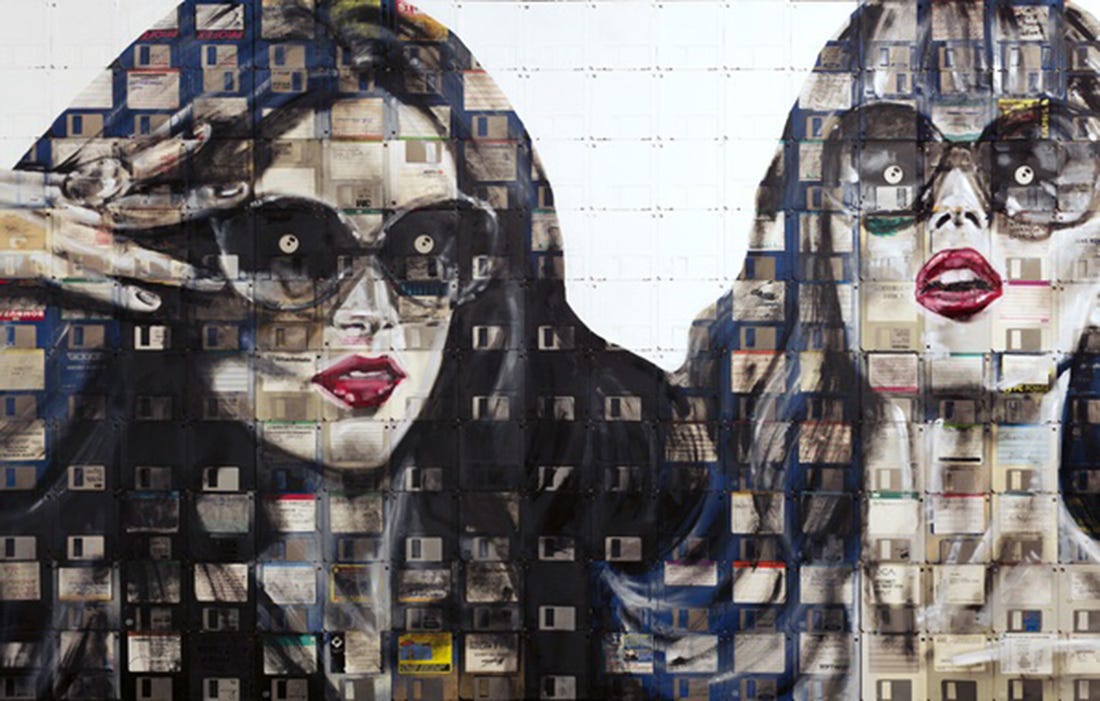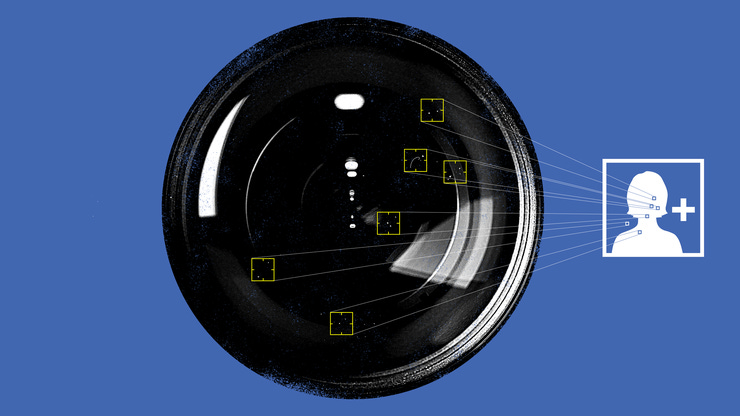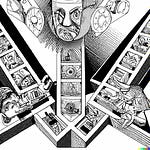How much of one’s inner state is projected onto the outside world?
Technology is being created to detect our identity, personality, mood, demographic, sexuality, beliefs, attachment style, and many other things. We use these technologies to make products more seamless, restrict access to spaces or information, and advertise and manipulate people.
Your fingerprint is left via the services you use through the unique cadence of how you type, how you move the mouse around a page, the words you use, the sentence structures, the kinds of content that you consume, how you walk, what you look like and your facial expressions.
We are building up these lossy constructions of who people are, trying to infer a complete picture from the smallest fragments scattered across space.
We can gather information from the devices we use, the unique fingerprint of a recording device, a camera, the scratches and dust left on a lens. We use this information to build social graphs and to construct who knows who.
We detect micro-expressions, the slight tilt of your lips or the way you look to the side for a brief moment when you’re confronted with something. But, how much of our inner state can be detected? Where does our sense of privacy for the self lie?
We project the ideal versions of ourselves, the way we want other people to perceive us. We project different aspects of ourselves to different people depending on context.
How much do these masks reflect our true inner state? How much data about a person needs to be connected to understand what they are really expressing? For example, a close friend may read this and understand what I mean through the context of understanding my personality, my belief systems and my intentions, but what is expressed to a stranger without context?
In which situations do we want to provide a clear window into our minds? When do we want to keep our thoughts or feelings to ourselves? What forms of misrepresentation are ok? We feel disgusted by a sleazy salesman, but at least we know what we are getting ourselves into; the trend towards artificial authenticity sends us to a place in the uncanny valley. We feel that we can not trust the person doing the expression; we feel manipulated.
The more we understand how our actions, words or expressions impact the people around us, the heavier the burden. Any decision you make or outward expression begins to feel like a form of manipulation. You can try to open a faucet to your inner self and just let it out as it comes, in an intuitive way, but a part of you will always know.
If you understand how to make an addictive product or service, you can no longer ignore the things you know; every decision has a repercussion; you’re left with the moral weight of deciding what is best for those using it.
We need to construct better models of how our products and services impact the people using them and the moral frameworks we abide by. How do we get to that place? How do we even begin to make progress on such a monumental task?



















